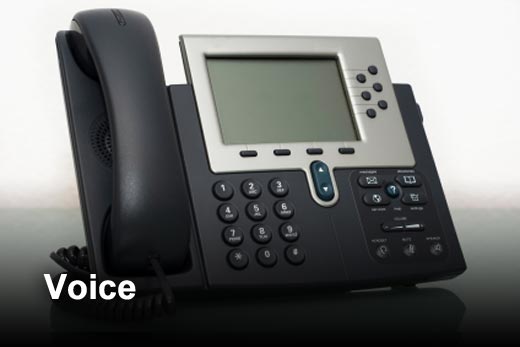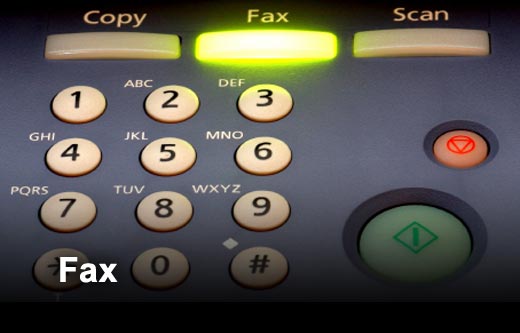
To help IT organizations navigate this issue, the folks at Intermedia, a managed services provider, have come up with a list of ten things that small-to-medium business (SMB) organizations need to fundamentally address in order to guarantee long term business success.
Click through for 10 communication tools SMBs should address, as identified by Intermedia.
Hosted PBX – Many small businesses use cell phone or regular consumer phone services. A hosted PBX service can operate as a cost-effective “virtual receptionist” with a professional greeting, call routing to your existing phones, and voicemail forwarding to email.
Hosted Exchange – Businesses already running Exchange in-house are often running old hardware to do so. The danger here is more than the cost of that server’s upkeep – a service failure can result in lost data and crippled communications. Hosted Exchange solves these problems because it’s delivered securely online to power Outlook. You keep the productivity and outsource the headaches. Internal IT is freed up to focus on users, not servers.
Email encryption – Do you operate in a regulated industry like finance or healthcare? Your business may be financially accountable for data leaks. Healthcare is a great example as encryption helps medical organizations comply with HIPAA. A comprehensive email system can address encryption for your business.
Unified communications – SMBs spend approximately 14 percent of their time duplicating information by forwarding emails or phone calls to confirm if a fax/email/text message was received, managing unwanted communications like spam and wasting time on unsolicited phone calls. UC can cut this time by bringing together tools that employees already use to communicate with each other, customers and partners.
Flexible remote capabilities – It’s not just about the Blackberry anymore, now there’s the iPhone, iPad and Android. Businesses can no longer expect to support just one platform. Currently, there are many tools on the market that allow businesses to easily keep mobile devices in sync with email, calendars and contacts.
Losing data hurts growth – All it takes is a spilled cup of coffee on a keyboard, and years of customer records and other key information can disappear. Online backup goes beyond just email to files and automatically backs everything to a secure site you can access online.
On-demand – You may think it’s antiquated but fax is not extinct yet. Many SMBs still rely on this tool. Rather than investing in a physical fax machine, look for fax-via-email tools that automatically forward the information to your email address. On-demand fax apps for your mobile phone can also eliminate the need for a fax number.
One-stop shop – Management of your services becomes easier if you can do it all in one place, switching on and off capabilities for new users or your business as needed. The proliferation of apps and hosted services is great for small businesses – and even better if it can be managed from one place. Look for providers that offer a portfolio of best of breed services to save time on management later.
Ease of migration – Rather than suffer through many nights and weekends migrating your business to new services, particularly for email and phones, find a provider who makes the process easy on you.
Be prepared – Make sure you have access to top-notch support from your IT provider. With your company growing at a rapid pace, the last thing you want to worry about is having access to support in the case of an emergency. Find out about the qualifications and size of their support staff and confirm their availability by phone and email.













